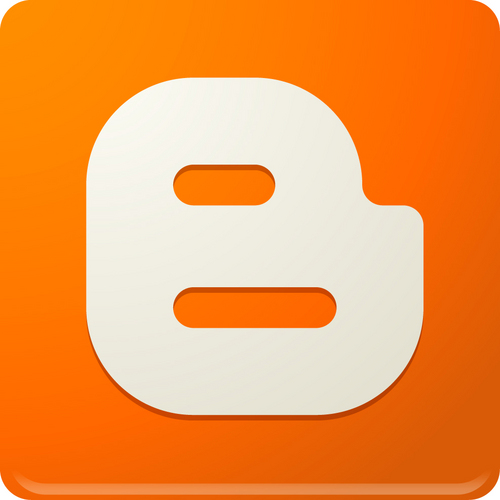This article helps you to identify your default basic operating question so that you can begin to practice one that is more empowering.
Years ago when I trained managers and trainers, I liked to be playful with the group. The company I was working with one day had a culture that was closest to acronym heaven than I had ever before or since experienced. So, I wrote on the flip chart in large letters: B O Q.
"Today we are going to learn about the BOQ," I said, pronouncing it Bock. My demeanor suggested they already knew or should know what the letters stood for, just the way that most acronyms are stated. Came a flurry of activity as they wrote the letters, trying to jog their collective memories of the words that B, O, and Q might possibly represent.
I did not leave them long in this state of mild confusion. They knew me well enough to know that I liked to play. They rose to the occasion and expressed their relief in laughter as I said, pointing letter by letter: Basic Operating Question.
One way of thinking of the Basic Operating Question is to consider it your default question. It is the question you think of first when you view a certain type of situation.
For example, when the phone rings, the BOQ that comes into your mind is usually something like, "Who's that? If you have a tense relationship with your boss who motions you to his or her office, your BOQ might be "What have I done wrong now?" You walk into a room with others present and your BOQ might "What's going on here?"
A BOQ can be positive, negative, or neutral. It can be empowering or disempowering. It can be easy to answer or not. It can be verbalized out loud or only thought about. The question itself as well as the quality and resonance of the question guides the quality and resonance of the answer.
The purpose of identifying your Basic Operating Questions is to discover if they are helpful and empowering. And, if not, to craft more helpful and empowering ones. A long-time habit of asking a particular Basic Operating Question will not necessarily be instantly changed just because of discovering one that you consider better, but that is a good starting place. After identifying one or more of these, it is important to practice your new Basic Operating Questions, as often as possible.
What is your BOQ in each of the situations you regularly face in your life? Once you have identified it, remember that the only way to incorporate a new skill is to practice, practice, practice.
Keywords:
Empowerment, Asking, Questions, Personal Development, Personal Growth, Empowering Questions, Confidence
Years ago when I trained managers and trainers, I liked to be playful with the group. The company I was working with one day had a culture that was closest to acronym heaven than I had ever before or since experienced. So, I wrote on the flip chart in large letters: B O Q.
"Today we are going to learn about the BOQ," I said, pronouncing it Bock. My demeanor suggested they already knew or should know what the letters stood for, just the way that most acronyms are stated. Came a flurry of activity as they wrote the letters, trying to jog their collective memories of the words that B, O, and Q might possibly represent.
I did not leave them long in this state of mild confusion. They knew me well enough to know that I liked to play. They rose to the occasion and expressed their relief in laughter as I said, pointing letter by letter: Basic Operating Question.
One way of thinking of the Basic Operating Question is to consider it your default question. It is the question you think of first when you view a certain type of situation.
For example, when the phone rings, the BOQ that comes into your mind is usually something like, "Who's that? If you have a tense relationship with your boss who motions you to his or her office, your BOQ might be "What have I done wrong now?" You walk into a room with others present and your BOQ might "What's going on here?"
A BOQ can be positive, negative, or neutral. It can be empowering or disempowering. It can be easy to answer or not. It can be verbalized out loud or only thought about. The question itself as well as the quality and resonance of the question guides the quality and resonance of the answer.
The purpose of identifying your Basic Operating Questions is to discover if they are helpful and empowering. And, if not, to craft more helpful and empowering ones. A long-time habit of asking a particular Basic Operating Question will not necessarily be instantly changed just because of discovering one that you consider better, but that is a good starting place. After identifying one or more of these, it is important to practice your new Basic Operating Questions, as often as possible.
What is your BOQ in each of the situations you regularly face in your life? Once you have identified it, remember that the only way to incorporate a new skill is to practice, practice, practice.
Keywords:
Empowerment, Asking, Questions, Personal Development, Personal Growth, Empowering Questions, Confidence



 0Comments
0Comments